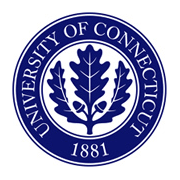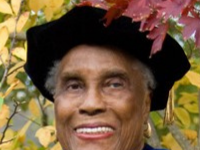 Are school choice programs contributing to segregation in American schools? The answer is undoubtedly yes, according to a recent research brief published by the National Coalition on School Diversity and written by Casey Cobb, the Raymond Neag Endowed Professor of Educational Policy in the Neag School of Education at the University of Connecticut.
Are school choice programs contributing to segregation in American schools? The answer is undoubtedly yes, according to a recent research brief published by the National Coalition on School Diversity and written by Casey Cobb, the Raymond Neag Endowed Professor of Educational Policy in the Neag School of Education at the University of Connecticut.
School choice programs are often touted as a means to address systemic inequities in schools, but in the United States, they largely operate as unregulated “open enrollment” programs, where students and their parents are allowed to choose which school they attend. Without regulation, and without an explicit focus on the goal of better-integrated school environments, segregation becomes more pronounced.
Studies have shown that charter schools, for example – which in an unregulated system are essentially free-market startups – end up more racially, ethnically, and economically homogenous than the surrounding traditional public schools.
According to Professor Cobb, “controlled choice” programs that consider a variety of student and school characteristics and seek to balance school enrollments by race, wealth, and achievement may offer opportunities to promote more equitable school environments. Controlled choice programs do offer a way to grant individual school preferences while also honoring policy goals – but those goals can’t be achieved without targeted focus and explicit emphasis on breaking the persistent links between segregated housing and school enrollment.











